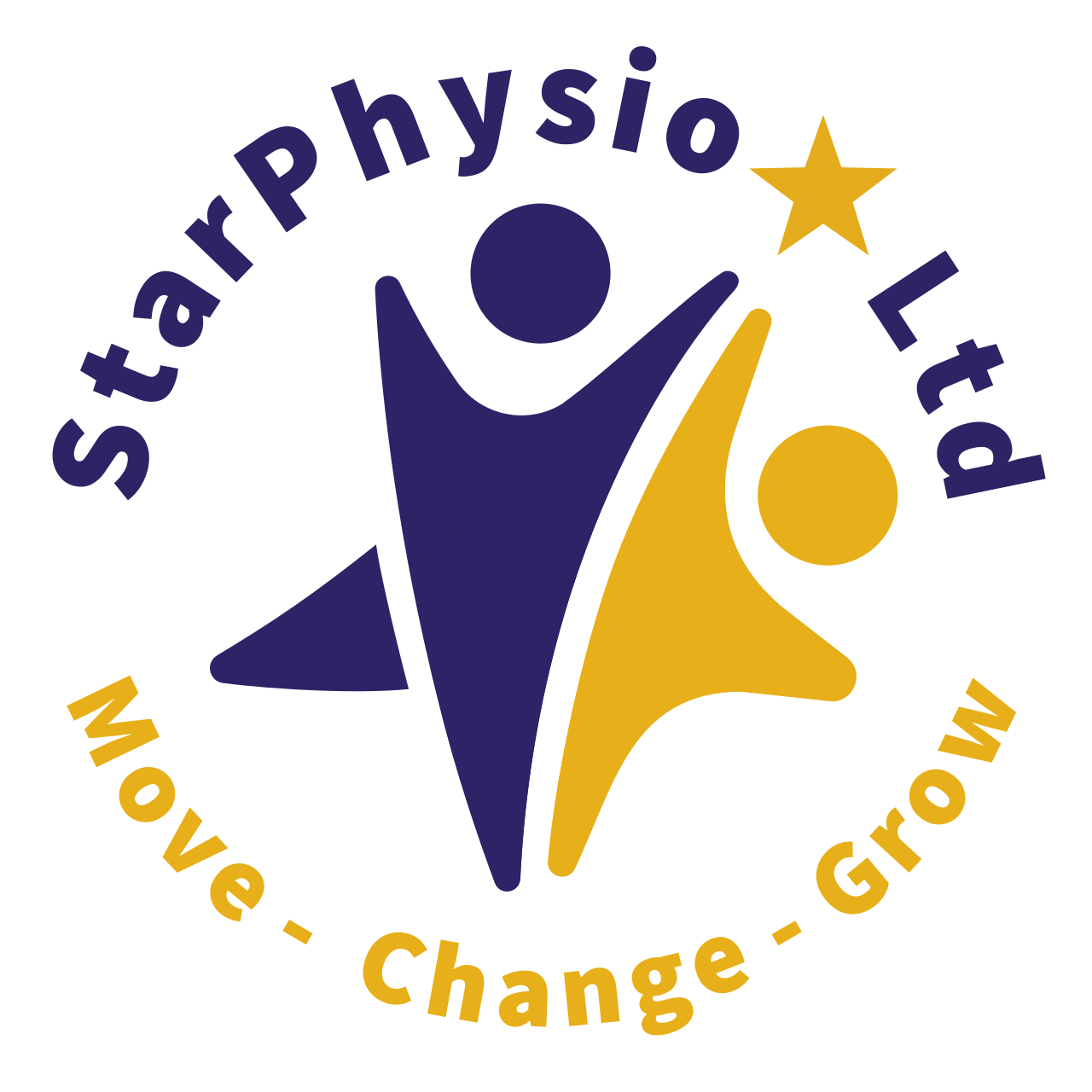Early intervention focuses on supporting babies and young children who are at risk of, or already showing signs of, developmental delay or neurological conditions such as cerebral palsy. The aim is to understand why a child may be struggling to achieve a particular movement or developmental milestone and to put strategies in place as early as possible, when the brain’s capacity for change (neuroplasticity) is at its greatest.
Assessment looks not only at posture, tone, strength and coordination, but also at sensory processing, motor planning and motor learning principles. By identifying the underlying reasons for difficulty, therapy can be carefully tailored to each child’s needs.
At StarPhysio we use principles from the Bobath approach (also known as Neurodevelopmental Therapy or NDT) alongside motor learning frameworks such as the Ei SMART model (Sensory, Motor, Attention & Regulation, Relational development). Through skilled handling, positioning and purposeful play, therapists help children experience and practise more efficient movement patterns while supporting the wider skills needed for development.
Who is it for?
Early intervention is for babies and young children who are:
* At high risk of cerebral palsy or developmental delay (for example after neonatal complications or a difficult birth)
* Already showing early signs of motor difficulties
* Diagnosed with cerebral palsy, acquired brain injury or other neurological conditions
* It is also valuable for children who are not meeting expected milestones such as rolling, sitting, crawling, standing or walking.
Each programme is personalised and often combines early intervention with other therapy approaches such as electrical stimulation, postural care, vibration therapy and aquatic physiotherapy.
Potential benefits
* Maximise early neuroplasticity for long-term impact
* Support babies and young children to achieve developmental milestones
* Encourage efficient and coordinated movement patterns
* Improve postural control, balance and mobility
* Strengthen motor planning and sequencing skills
* Reduce the risk of compensatory patterns that may limit progress
* Provide families with strategies to support their child’s development at home
* Build confidence, participation and independence from the earliest stages




